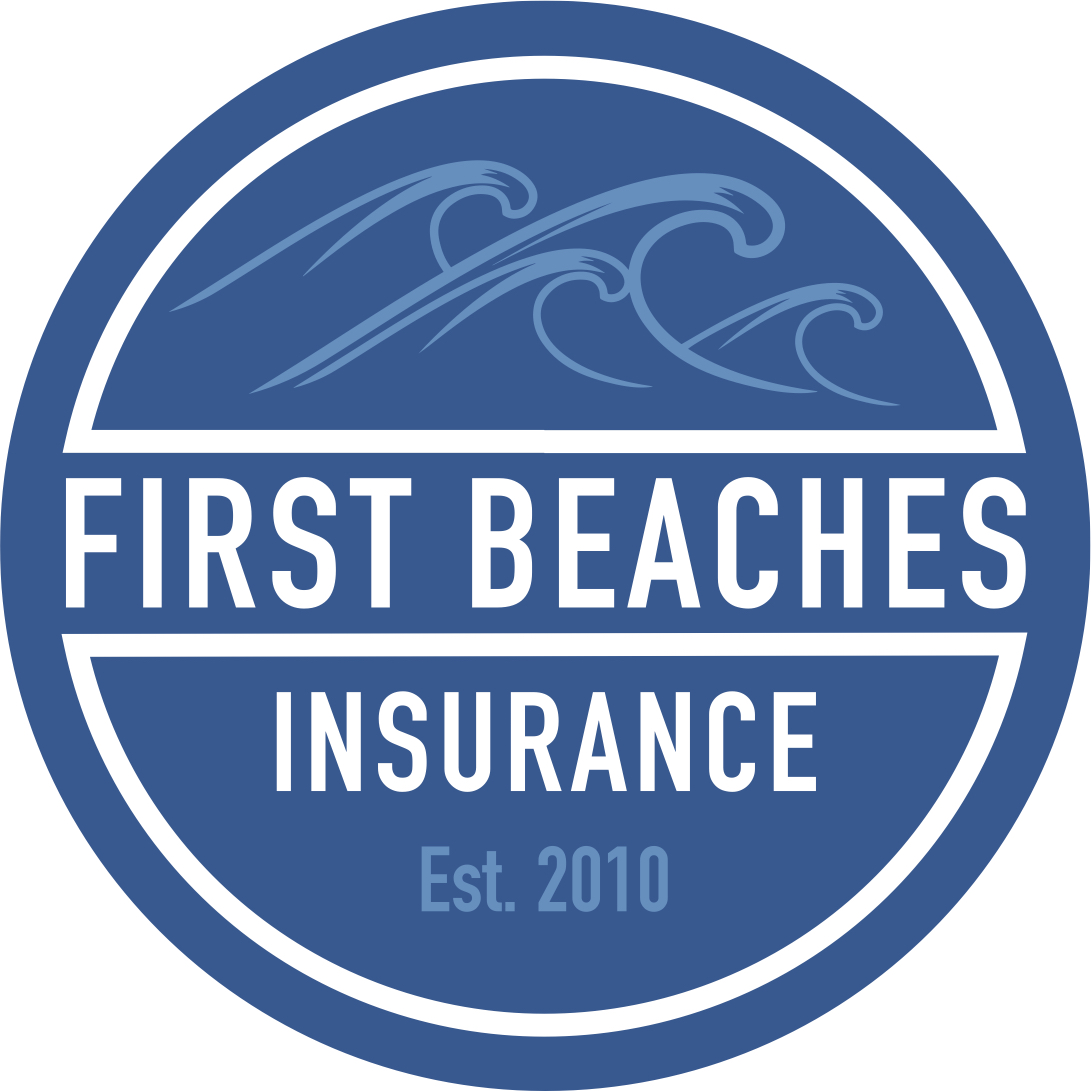July 14, 2025 | First Beaches Insurance
This July, Northeast Florida saw powerful summer storms that flooded streets, drenched neighborhoods, and disrupted beachside life. For many, it’s a reminder: if it can rain here in Jacksonville Beach, it can flood. Nationally, the picture is even more alarming nearly every U.S. county has experienced flooding, yet only 4 % of homeowners carry flood insurance, according to NPR (NPR, July 14, 2025).
At First Beaches Insurance, we believe flood insurance isn’t optional, it’s essential. This blog explains why, based on the latest data, local weather events, and your home’s real risks.
- National Flood Insurance Gap: 4% Is Too Low
NPR’s July 14 report highlights a stark reality: while climate change is driving more intense storms, just 4 percent of U.S. homeowners carry flood insurance. That leaves 96 percent exposed to devastating financial loss. The agency noted that homeowners in flood insurance-eligible communities can get up to $250k for structure and $500k for business property, but many simply roll the dice and then are left picking up the pieces (NPR).
-
July Rains Hit Home: Local Flood Events
A. Streets Underwater in St. Augustine
On July 9, the National Weather Service reported 4.35 inches of rain falling in just over one hour downtown, triggering flash flood advisories throughout St. Johns, Duval, Clay, and Putnam counties causing stranded vehicles and soaked roads (News4JAX).
B. Flood Advisories for Duval County
The NWS issued multiple alerts in Jacksonville Beach on July 9 and July 14, warning of localized flooding draining capacity was overwhelmed as rainfall poured nonstop (JaxReady via Facebook)
-
Climate Change: Amplifying Flood Frequency
Storms are intensifying across the region. Fox Weather noted that tropical moisture and stalled fronts across Florida brought 2–3 inches of rain, with heavy downpours in the Gulf Coast continuing through mid-week all abrupt and severe (Fox Weather, July 22, 2025) (FOX Weather). Likewise, the July rains in St. Augustine weren’t isolated; they’re part of a climate trend toward frequent, intense summer storms.
-
Misleading Flood Maps: You Might Be at Risk
Many assume “I’m not in a FEMA flood zone, so I’m safe.” But in reality, 1 in 3 flood insurance claims happen outside FEMA-designated zones. For Jacksonville Beach, this means even homes on high ground or inland are vulnerable in heavy summer storms like those this month (WJXT, Jacksonville Today).
Local officials are already assessing flooding issues in neighborhoods previously considered low-risk, underscoring the need to proactively evaluate insurance coverage (Yahoo! Local News,).
- Understanding FEMA Risk Rating 2.0
FEMA’s updated pricing model Risk Rating 2.0, launched April 2022 calculates flood insurance premiums based on each home’s actual flood risk (e.g., elevation, structure value), not just ZIP code.
-According to NPR, new pricing caps increases at 18 percent/year, and average premiums are now around $1,300/year (Wikipedia, Jacksonville Today).
-This ensures fairness but still represents a major expense for high-risk properties.
- NFIP vs Private Flood Insurance Options
With NFIP price increases and stricter mapping, private insurers are stepping up now covering about 12 percent of policies, growing 20% per year (Wikipedia, Jacksonville Today).
We work with trusted providers like Wright Flood, Chubb, Mercury, alongside NFIP, to tailor coverage based on your flood risk and budget. Private options may offer broader protection and faster claims.
-
Local Storm Takeaways: What July Shows Us
| Date | Event | Impact |
| July 9 | St. Augustine: 4″+ rain in <60 minutes | Streets flooded; vehicles stranded |
| July 9,14 | Duval County advisory warnings | Localized flooding in Jacksonville Beach |
| July 14-19 | Gulf low-bringing organized tropical moisture | Heavy rainfall from July 24–26 |
These show summer storms are no longer occasional, they’re becoming part of your annual weather pattern.
-
Tips to Protect Your Home in 2025
- Review flood maps and property elevation
- Get a personalized Risk Rating 2.0 quote
- Compare NFIP vs private coverage
- Mitigate home risk: raise appliances, install drains, seal cracks
- Prepare a flood plan: evacuation routes, emergency kit, documents
This July, National statistics and local storms converge on one message: flood risk isn’t theoretical, it’s real, and often misjudged. With rising climate change impacts and updated FEMA pricing, having flood insurance isn’t a luxury, it’s a necessity for Jacksonville Beach homeowners.
First Beaches Insurance stands ready to guide you mapping your risk, comparing policies, and securing your future.
Ready to take action?
Check your flood risk today and get covered before the next storm, schedule a free quote. Because when the next storm rolls in, you want peace of mind not regret. First Beaches Insurance, your first call.

